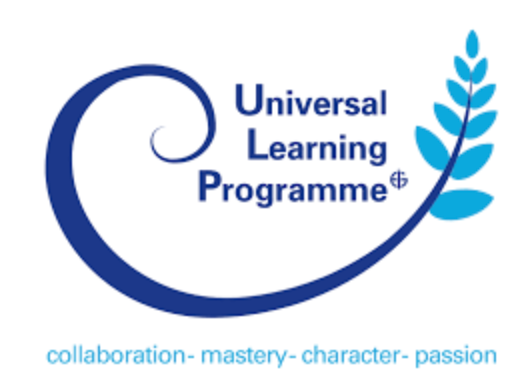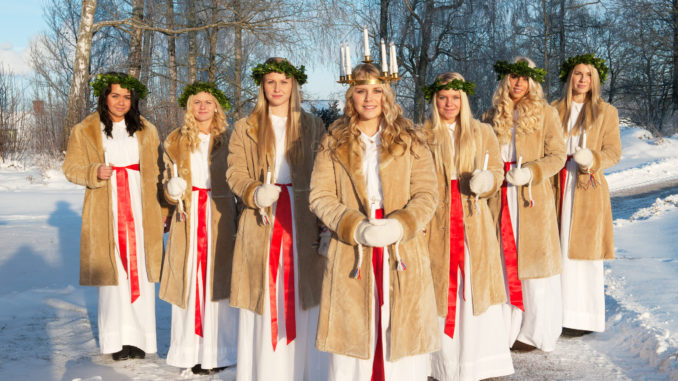By Emma Pavanello, Y11
As an extension to the year 11 Universal Learning Program curriculum, a new ULP science project has been introduced by Dr. Hughes in all laboratory sciences (biology, chemistry and physics).
This project revolves around the 4 ULP questions for the 2020-2021 school year, which are:
- Are you sure?
- Should animals have rights?
- How do we know how to make good decisions?
- What creates prejudice?
All year 11 students taking the laboratory sciences had to take part in this project. For this project, students needed to pick one of the universal questions and link it to a scientific matter or find a scientist that has previously researched something revolving around the 4 universal questions.
The presentation of these projects was geared towards creativity and students weren’t restricted to a power-point presentation. Students were in fact encouraged to think outside of the box. The only criteria for the presentation was that it had to be recorded. It had to be recorded because all these presentations were subject to a competition for the best presentation in that subject. Teachers and staff collected all the presentations from that subject in year 11 and award the best presentation a prize.
Some students chose to present their presentations as a pre-recorded podcast or as a screen-recorded presentation while others presented their presentation to a live audience with a classmate filming their presentation.
In some classes students were more focused around the universal question, for example one group chose to base their presentation on the question “Should animals have rights?”. From there, they asked themselves whether animals already have rights and whether or not animals should have more rights. They did this by linking these questions to a study done by Lisa Horn. Other groups in other classes chose to incorporate their universal understanding question into their presentation topic. One group presented the question: “Are you only using 10% of the brain? ” and linked it to the question, “How do we know how to make good decisions?”
As well as these presentations being in competition with one another they were graded as well. The grading criteria remained the same as any regular science presentation.
A big thank you to Dr. Hughes for incorporating these projects into our program which led many students to learn more about subjects that are not necessarily in the regular curriculum.



